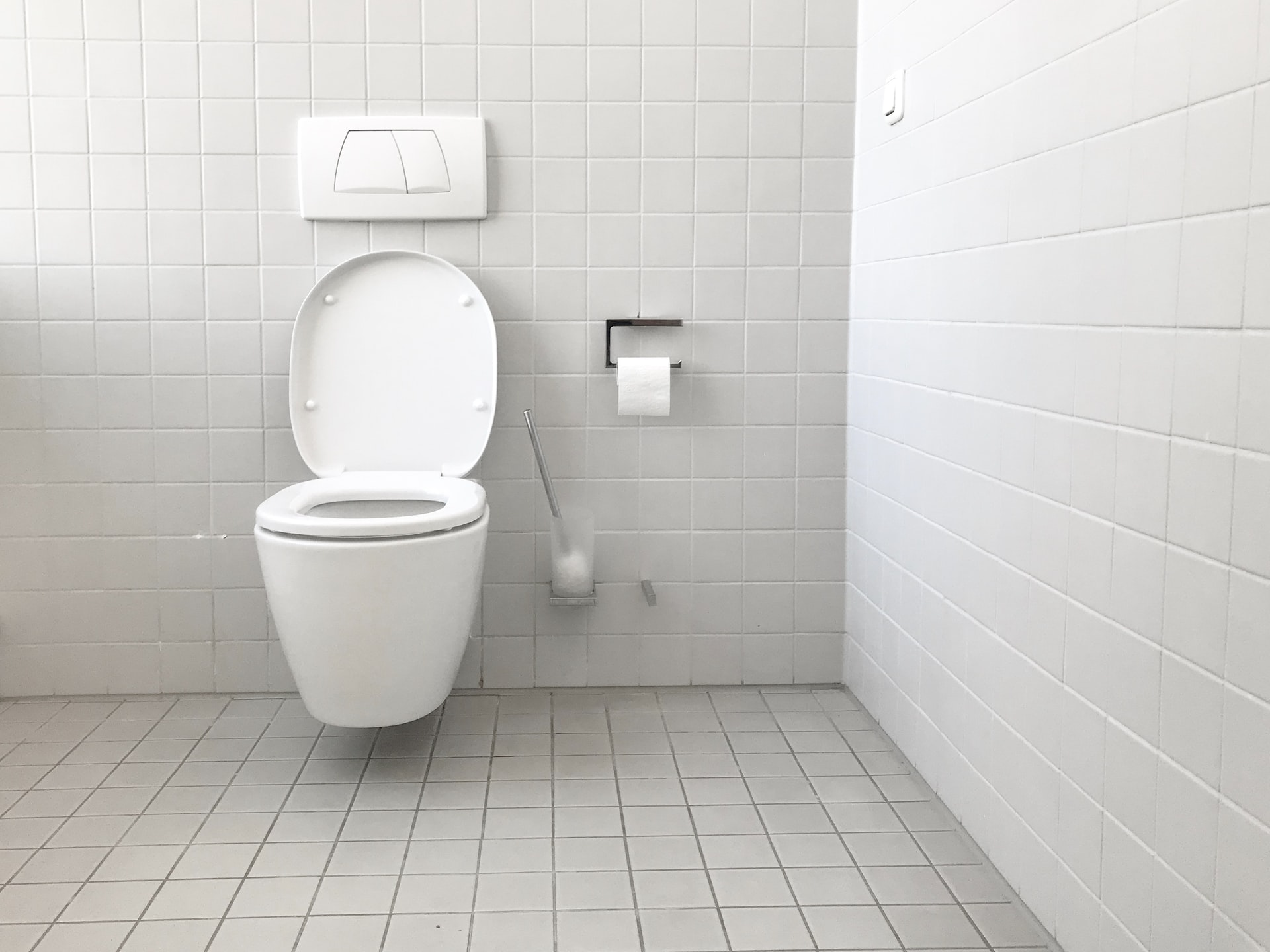What causes car sickness in children and how can I prevent it?
Car sickness is a type of motion sickness. Motion sickness occurs when the brain receives conflicting information from the inner ears, eyes and nerves in the extremities.
Motion sickness might cause giddiness, upset stomach, nausea, vomiting, cold sweat, fatigue, and loss of appetite or vomiting. It’s not clear why car sickness affects some children more than others. Children ages 2 to 12 are particularly susceptible.
To prevent car sickness in children, you can:
- Reduce sensory input. Advise your child to look at things outside the car — rather than focusing on books, games or movies. Sleeping or laying down with eyes close during traveling also might help.
- Carefully plan pre-trip meals. Don’t give your child spicy or greasy foods or a large meal immediately before or during car travel. If your travel time will be short, skip food entirely. If the trip will be long or your child needs to eat, give him or her a small, bland snack.
- Good air ventilation. Adequate air ventilation might help prevent car sickness.
- Distractions. If your child is prone to car sickness, try distracting him or her during car trips by talking, listening to music or singing songs.
- Use medication. If your child is older than 2 and you’re planning a long car trip, ask your doctor about an over-the-counter medication to prevent car sickness. Usually drowsy antihistamines are more effective.
If your child developed car sickness, stop the car as soon as possible and let your child get out and walk around or lie on his or her back for a few minutes with closed eyes. Speak to your family doctor if these tips don’t seem to help the motion sickness.


